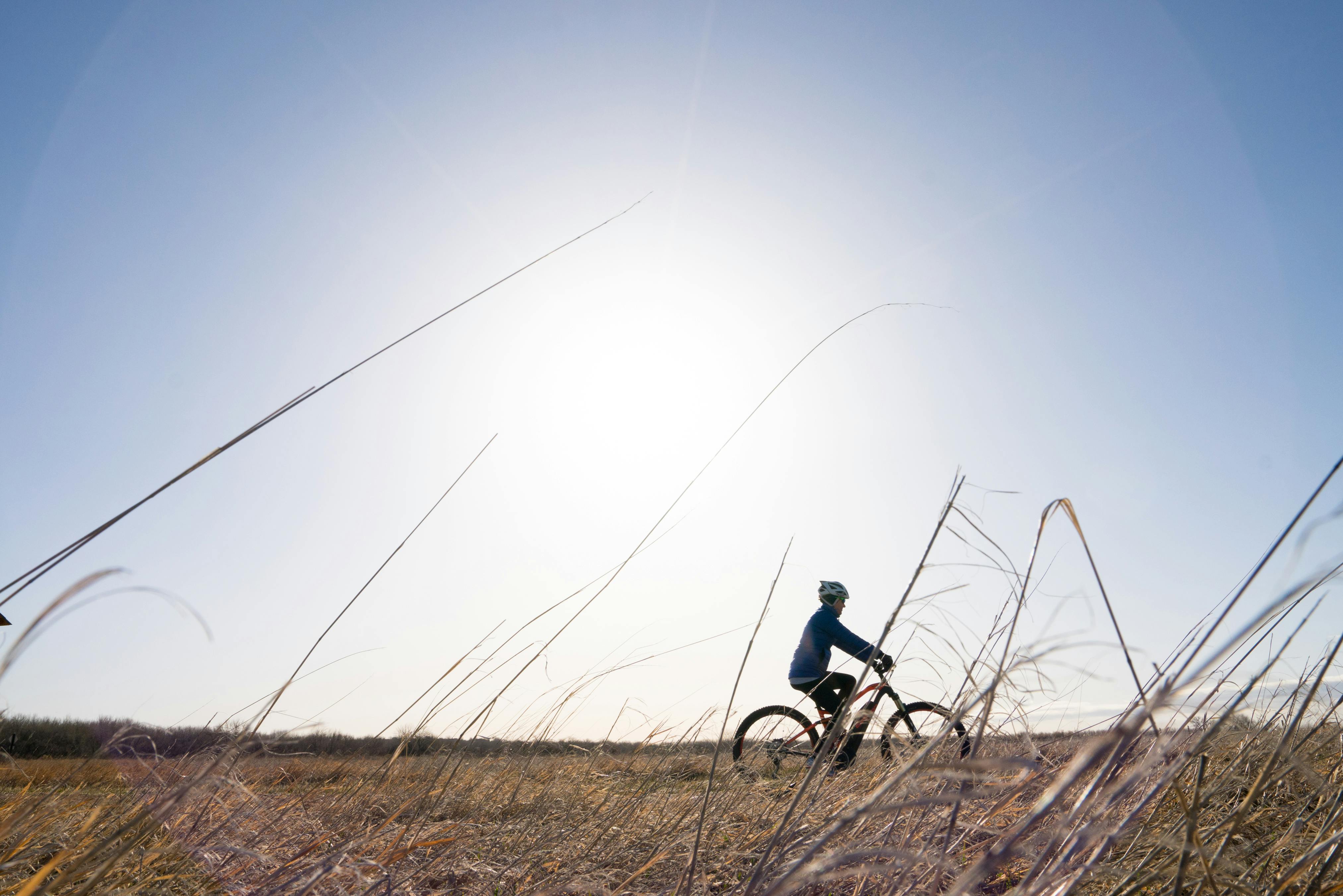Explore Our Network of Sites
Search
By:

Every day, individuals are discovering the many benefits of electric mountain bikes (eMTBs) — they allow more individuals to get out and ride, regardless of their age or physical or cognitive abilities. Electric mountain bikes provide a needed boost to make climbing hills easier and going longer distances require less effort.
As eMTB technology evolves, more and more riders are asking themselves, “Where can I ride my eMTB?” Unfortunately, the answer is not always clear. Many state resource agencies lack modern-day regulations that govern electric bicycle use on natural surface and non-motorized trails. These outdated rules confuse many riders who are simply looking to ride their low-speed eMTB in the same places as traditional mountain bikes.
PeopleForBikes believes that electric bicycles are very similar to bicycles, and their rules and use should be similarly regulated. Modern day electric bicycle regulations have already been adopted in 28 states’ traffic codes thanks to legislators and advocates who saw the need to seamlessly modernize their policies to reflect the needs of today’s riders.
When it comes to off-road trail access for electric bicycles, governed by rules and regulations within state natural resource agencies, PeopleForBikes supports the adoption of electric bicycle rules that define three classes of electric bicycles and, at a minimum, allow Class 1 electric bicycles on non-motorized, natural surface trails that permit bicycle use. State resource agencies with regulations such as this can be found below.
Defines three classes of electric bicycles and allows Class 1 electric bicycles wherever bicycles are allowed.
Defines three classes of electric bicycles and allows Class 1 and 2 electric bicycles wherever bicycles are allowed.
Defines three classes of electric bicycles and allows Class 1 electric bicycles wherever bicycles are allowed.
Defines three classes of electric bicycles and allows Class 1 and 2 electric bicycles wherever bicycles are allowed.
Defines three classes of electric bicycles and allows Class 1, 2 and 3 electric bicycles wherever bicycles are allowed.
Defines three classes of electric bicycles and allows Class 1 electric bicycles wherever bicycles are allowed.
Defines three classes of electric bicycles and allows Class 1 and 3 electric bicycles wherever bicycles are allowed.
Defines three classes of electric bicycles and allows Class 1 electric bicycles wherever bicycles are allowed.
Electric bicycles play an essential role in the future of modern outdoor experiences and regulations need to be in place that reflect the growing demand.
PeopleForBikes stands as a technical resource for land managers as they develop electric bicycle policies that suit the needs of their local communities. Once finalized, electric bicycle policies should be deployed with educational materials on trail etiquette. Many of the common issues experienced by all trail users can be alleviated through reminders on how to courteously share the trail. Trail etiquette materials are just one of the many resources PeopleForBikes provides to land managers to help make the transition to more modern electric bicycle policies.
Materials on trail etiquette are just one of the many resources PeopleForBikes provides to land managers to help make the transition to modernize their agency’s code a simple process. Want to improve eMTB access in your area? Check out our electric bicycle webpage or reach out to PeopleForBikes’ Regulatory and Policy Analyst, Ashley Seaward at ashley@peopleforbikes.org.